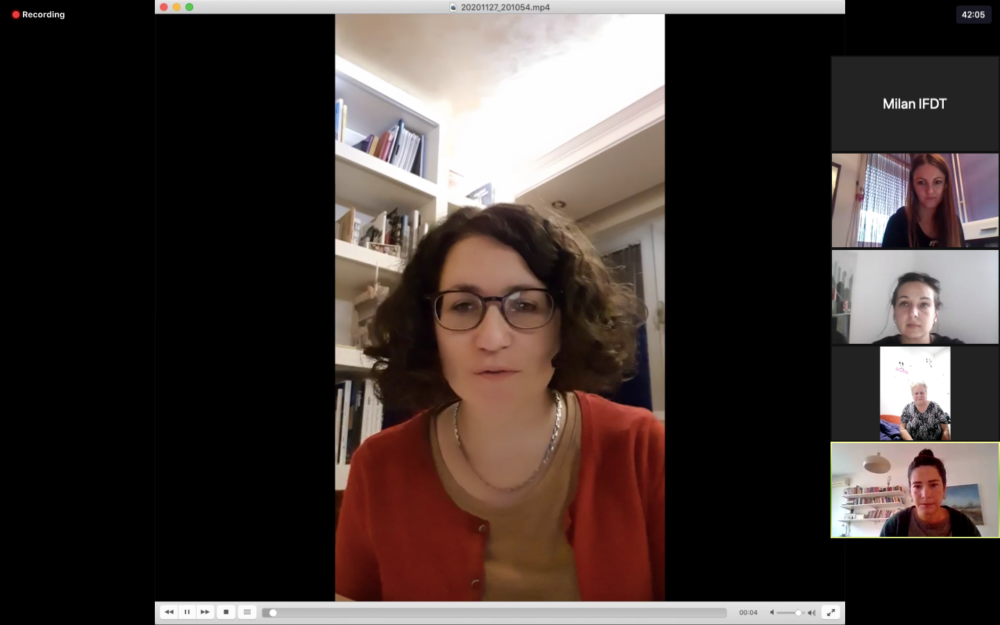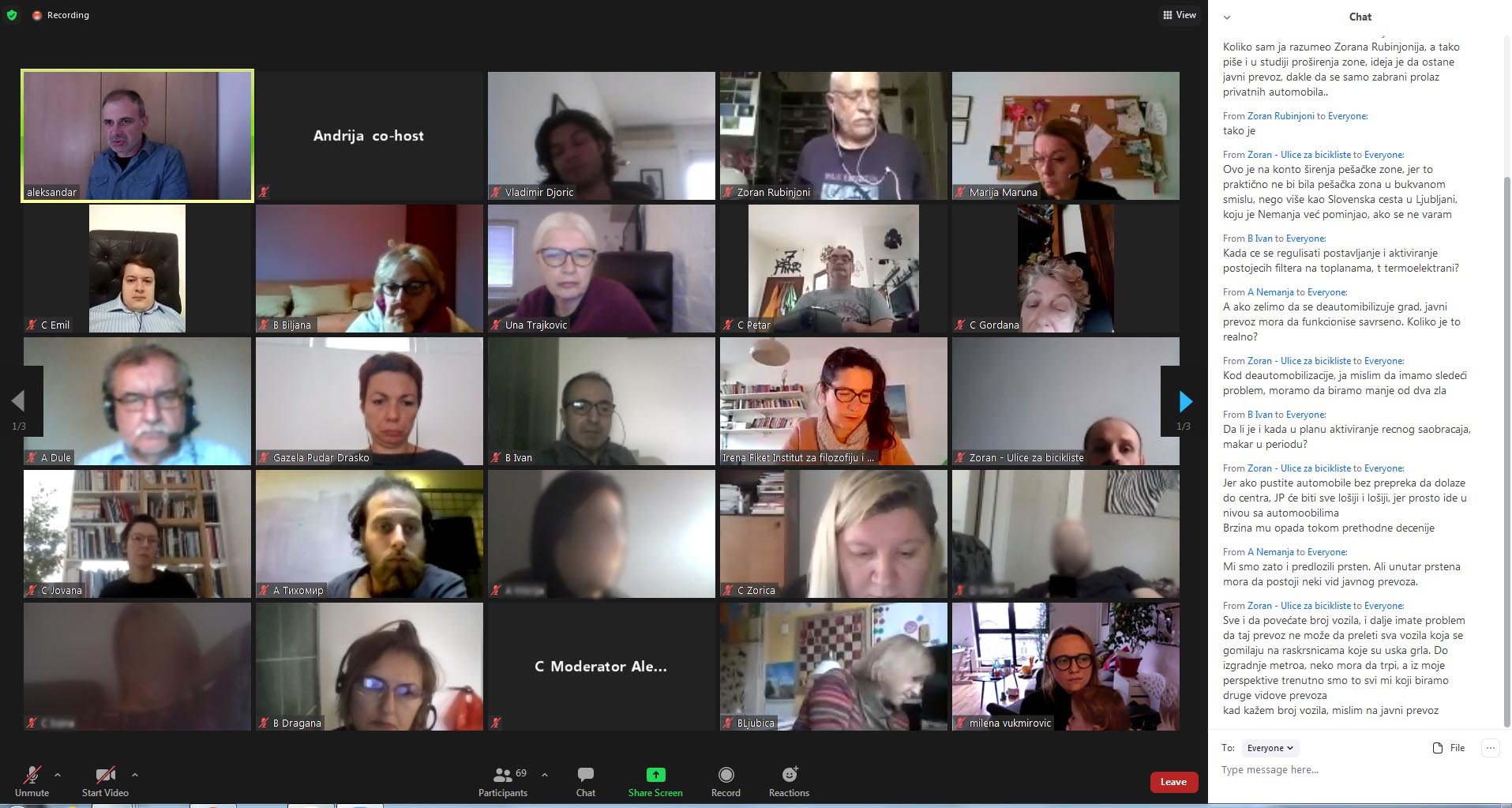The text was originally published on the website of the Institute of Philosophy and Social Theory
Within the European project “Active Citizenship: Promoting and Advancing Innovative Democratic Practices in the Western Balkans”, which explores the potential of innovative democratic practices and their application in the Western Balkans, two Citizens’ Assemblies met – one in Belgrade, on November 21st and one in Valjevo, on November 28th.
The Citizens’ Assemblies gathered 40 participants. Due to the difficult epidemiological situation in the country and the safety of the participants, the Citizens’ Assemblies were organized online. Twenty-eight participants were selected to represent the wider population from the territory of the city of Belgrade and Valjevo and its demographic characteristics, while the remaining twelve participants will come from civic associations whose views and reactions to this topic were represented in the public space.
The goal of organizing a Citizens’ Assembly is to include different and opposing views and opinions within a carefully moderated and informed public discussion. In that way, an environment that stimulates the exchange of common-good-based arguments and reaching a thoughtful decision will be provided.

The first Citizen’s Assembly was held in Belgrade on November 21st through “Zoom” online platform. The topic of the Belgrade Citizens’ Assembly was the issue of expanding the pedestrian zone from Knez Mihailova Street to the narrow downtown area of Belgrade.
Second Citizen’s Assembly was held in Valjevo on November 28th, also through “Zoom” online platform. Sylvie Estriga on behalf of Delegation of EU in Serbia opened the discussion.
Although it has been highlighted in the reports of the Environmental Protection Agency on air quality and is well-known to the professional public, the problem of air pollution in Valjevo became politically recognized only when the citizens of Valjevo, for whom this problem is of health and existential importance, self-organized. The fact that citizens are still dissatisfied because they are not receiving enough information about what the institutions are doing about this problem is the reason for organizing the Citizens’ Assembly, which is itself prompted by the question of the scope of local self-government and citizens of Valjevo in solving the problem of air pollution. The goal of the Citizens’ Assembly was to find clearer answers to these questions, but also for decision-makers to take responsibility for the implementation of plans and measures adopted by local authorities.
Coordinated by the Institute of Philosophy and Social Theory, the project “Active Citizenship: Promoting and Advancing Innovative Democratic Practices in the Western Balkans” is supported by the Erasmus + program, through the Jean Monnet network. The project partners are the Belgrade Fund for Political Excellence, the University of Graz (CSEES), and the departments of political science at the University of Turin, the University of Sarajevo and the University of St. Cyril and Methodius in Skopje. The implementation of the project was also supported by the American Embassy in Belgrade.













